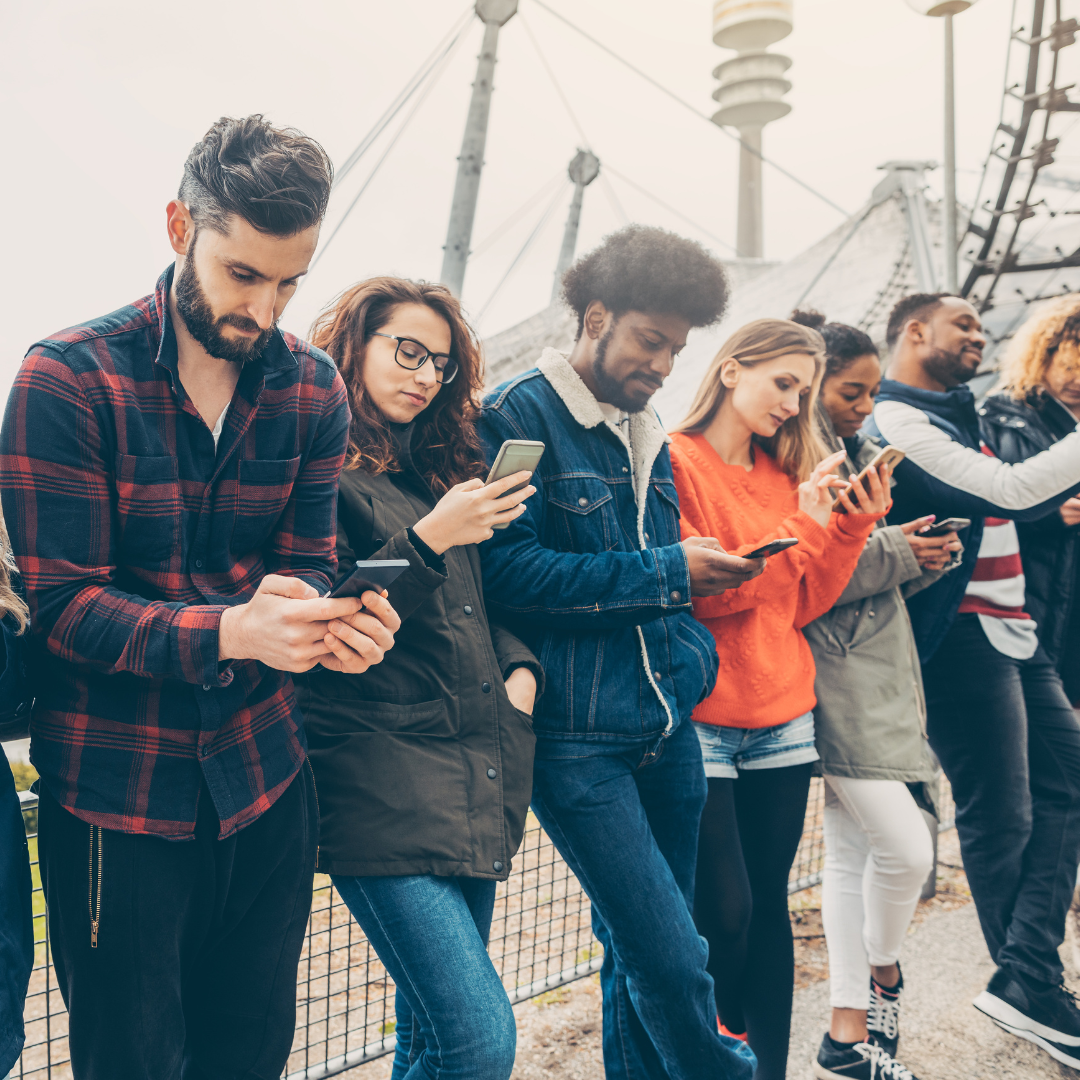
Phubbing: When Phones Create Distance Between Us
In today’s hyperconnected world, smartphones have become indispensable. Yet, as they bring us closer to distant connections, they often create distance with those right beside us. Enter the term "phubbing" — a portmanteau of "phone" and "snubbing" — which describes the act of ignoring someone in favor of engaging with your phone. While it may seem harmless, phubbing has profound implications for our relationships and stress levels. Let’s explore five key points about this phenomenon.
1. Phubbing and Social Stress
When someone feels ignored because you’re preoccupied with your phone, it can trigger social stress. Humans are hardwired for connection, and being “snubbed” — even unintentionally — can lead to feelings of rejection and loneliness. Studies show that perceived social exclusion activates the same areas of the brain as physical pain, underscoring the emotional toll of phubbing.
2. How Phubbing Disrupts Relationships
Phubbing doesn’t just create tension in casual encounters; it erodes trust and intimacy in close relationships. Couples who frequently experience phubbing report lower relationship satisfaction and greater conflicts. When a partner prioritizes their phone over meaningful interaction, it can lead to feelings of insecurity and disconnection, potentially creating a vicious cycle of stress and withdrawal.
3. The Stress of Being Phubbed at Work
Phubbing isn't limited to personal relationships — it also infiltrates professional spaces. Imagine presenting an idea during a meeting while colleagues scroll through their phones. This behavior not only undermines collaboration but also contributes to workplace stress by making employees feel undervalued. Over time, this can impact morale and productivity.
4. Why Phubbing Increases Our Own Stress
Ironically, phubbing others may also elevate our stress levels. Constantly checking phones for notifications perpetuates a state of hyper-alertness, keeping us tethered to work emails, social media updates, or news alerts. This digital distraction prevents us from being fully present, depriving us of opportunities to relax and recharge.
5. Combating Phubbing: Reclaiming Presence
Phubbing’s stress-inducing effects make it crucial to adopt healthier habits. Start by setting boundaries around phone use, such as no-phone zones during meals or meetings. Replacing digital interactions with eye contact and active listening fosters deeper connections and reduces stress for everyone involved. Mindfulness practices can also help by teaching us to focus on the present moment instead of our screens.
Conclusion: Finding Balance in a Connected World
Phubbing exemplifies the paradox of our digital age: the tools designed to connect us can sometimes create barriers. By recognizing its impact on stress and relationships, we can take intentional steps to prioritize face-to-face interactions. After all, the most meaningful connections happen when we put down our phones and truly engage with one another.





James Porter
Author